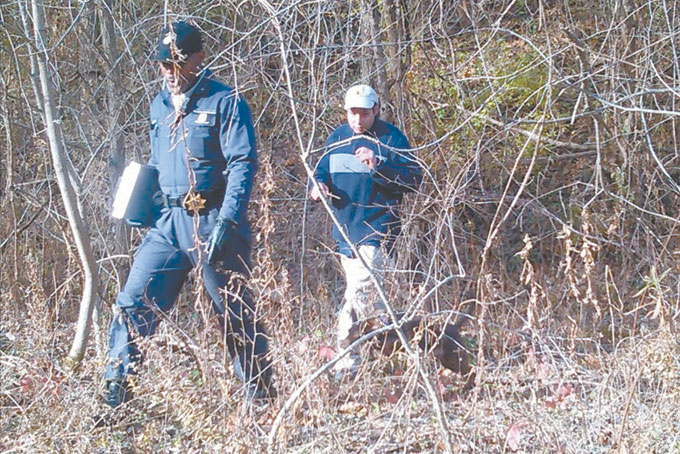
For more than a year, David Adams, president of the nonprofit Conscience Group Corp., has been working to develop its Disaster Resilient Emergency Management Awareness project that pays attention to disadvantaged minority communities.
Now, thanks to an agreement with Clairton, the project has the office space that would serve as the pilot site for what Adams hopes to expand the program throughout Allegheny County, and that it becomes a national initiative.”
“This plan is for everyone, but it’s the only one that incorporates a cultural component for communities that find themselves less informed,” said Adams. “We are looking at filling gaps in emergency services at the state and local level.”
The Clairton City Council voted 4-0 to approve a contract that gives the Conscience Group space in city hall and the green light to develop DREMA in Clairton. but it was not an easy sell. When first scheduled for a vote in November, council tabled the motion because they, and several residents, wanted a better understanding of the project.
DREMA is just the latest example of the Conscience Group’s mission to develop citizen-based solutions to issues such as drug-related violence. This program in particular is about aiding predominantly Black, low-income communities that have socio-economic stresses such as drug-related violence and dependency on government for food and other subsidies.
“We’re not asking anyone for anything,” said Adams. “We’re here to facilitate this process of developing a cooperative, resilient and sustainable plan.”
Adams said DREMA was born from a study President Obama asked for from the National Academy of Sciences on disaster preparedness. It noted that while states, counties and municipalities have disaster plans, not all are comprehensive or coordinated, and most rely on federal relief agencies to fix the damage rather than limiting exposure ahead of time.
The DREMA institutive seeks to prepare communities through a cooperative model that includes training individuals and communities, especially minority communities that suffer from violence and a heavier reliance on government services, to better withstand natural disasters in the short and long term.
“We need to see that vulnerable communities are not left behind. We already know government plans fail for one reason or another, maybe human error, maybe a bad plan,” said Adams. “I mean Pittsburgh’s plan calls for moving people out of the city on buses–the same buses they are now planning to keep out of the city.”
The initiative would of course be coordinated with local, regional and federal agencies ranging from police and fire departments to the FBI and the Federal Emergency Management Agency, but it would begin with individuals and community representatives.
“In the event of a breakdown where help is not coming and may not for some time, what do you do,” said Adams. “Who are the leaders? Do you have a few days worth of nonperishable food, batteries? If you have to get out, do you have a place to go? Do you have supplies somewhere other than your home? Do you have a ‘bug-out bag?’ What should be in it? Those are just some things at one end of the spectrum that we can help people address.”
Adams said Clairton is a great location to serve as the initial test bed for DREMA because it is one of several communities in the Mon Valley that are depressed and have a significant low-income Black population. He praised Mayor Rich Lattanzi for having the vision to convince his fellow council members to move forward with the idea.
In the immediate future, DREMA will get set up in its new space, then will await council’s selections, and the mayor’s approval of representatives to serve on a five-member committee that will develop the resiliency plan with police and fire officials. That will be followed by a town hall meeting that lays out specific expectations and benchmarks to be achieved in the first year.
Adams said progress reports would be issued quarterly.
(Send comments to cmorrow@newpittsburghcourier.com.)